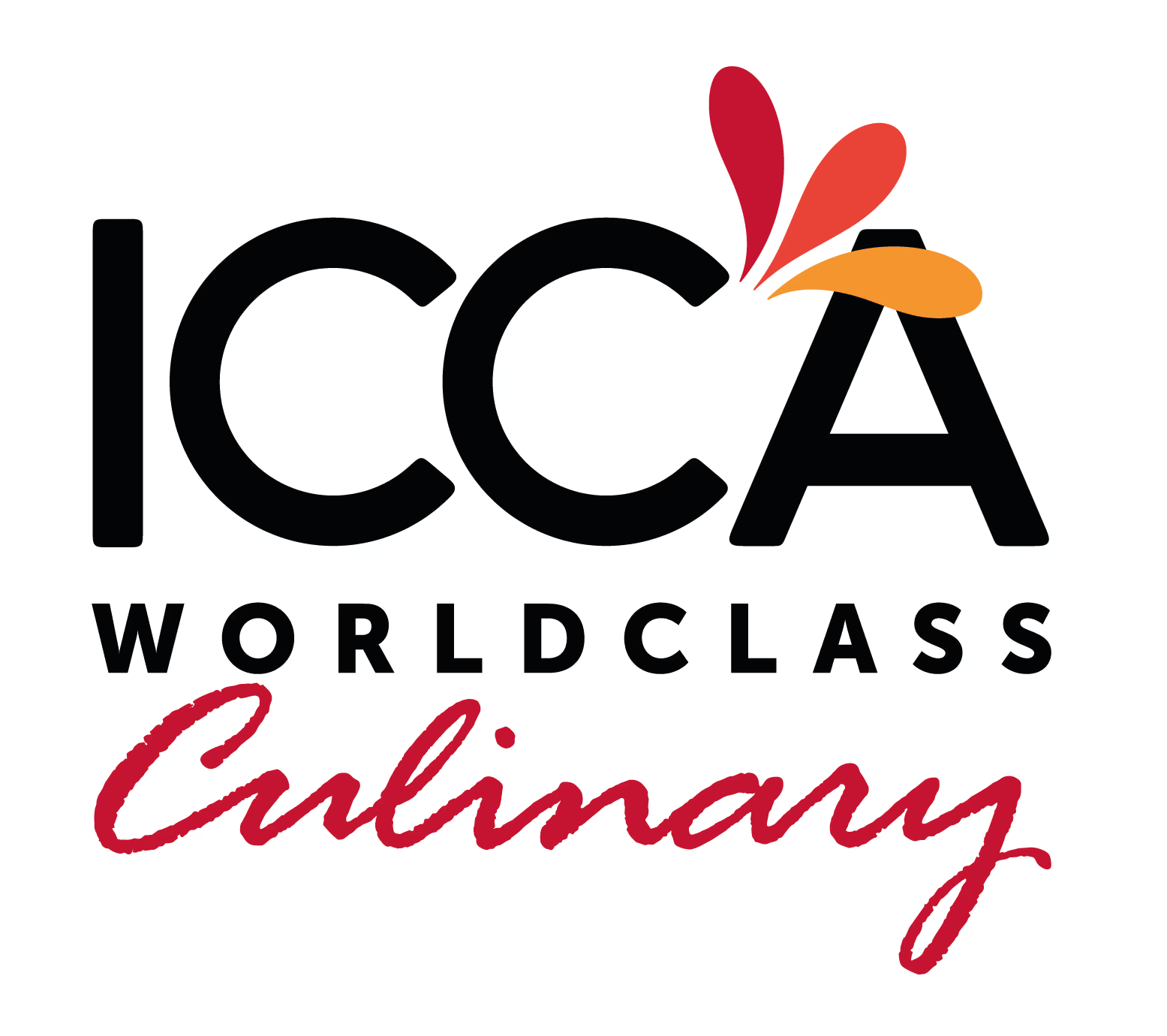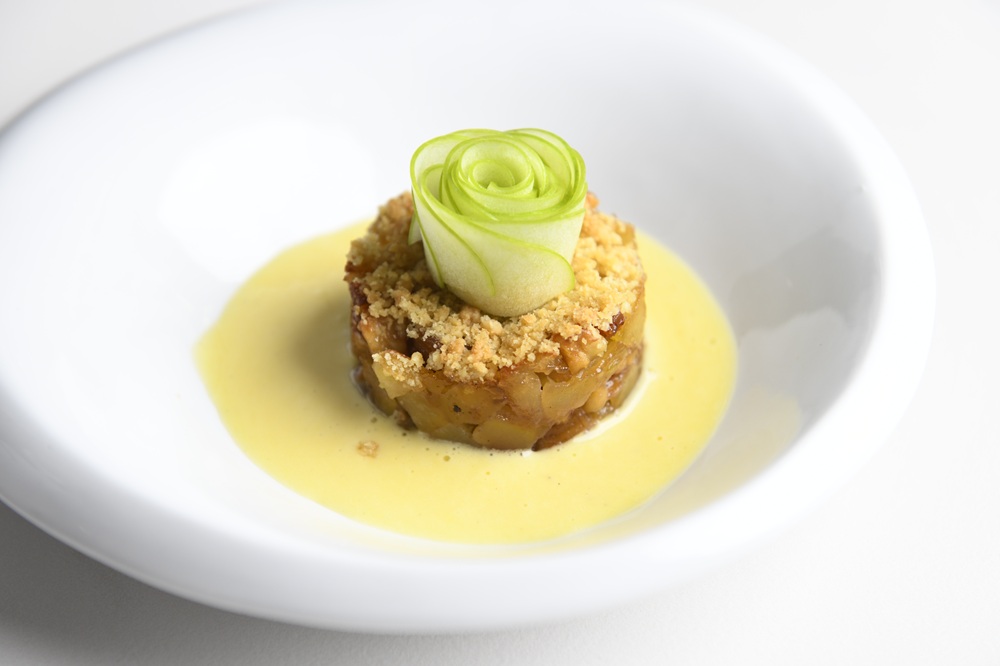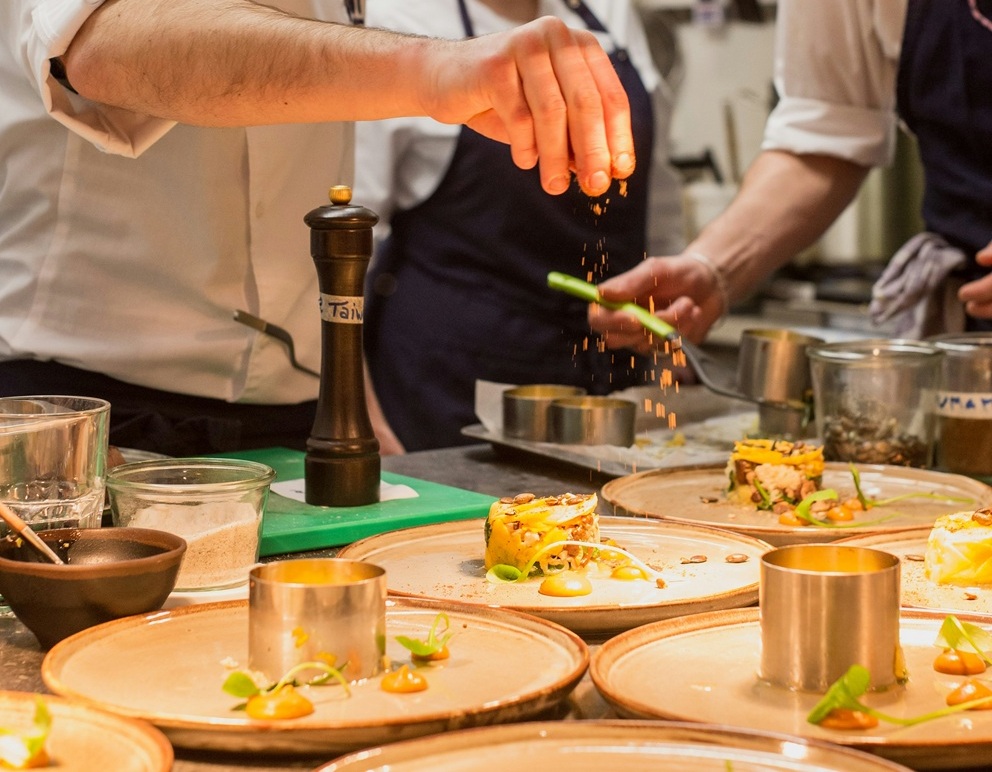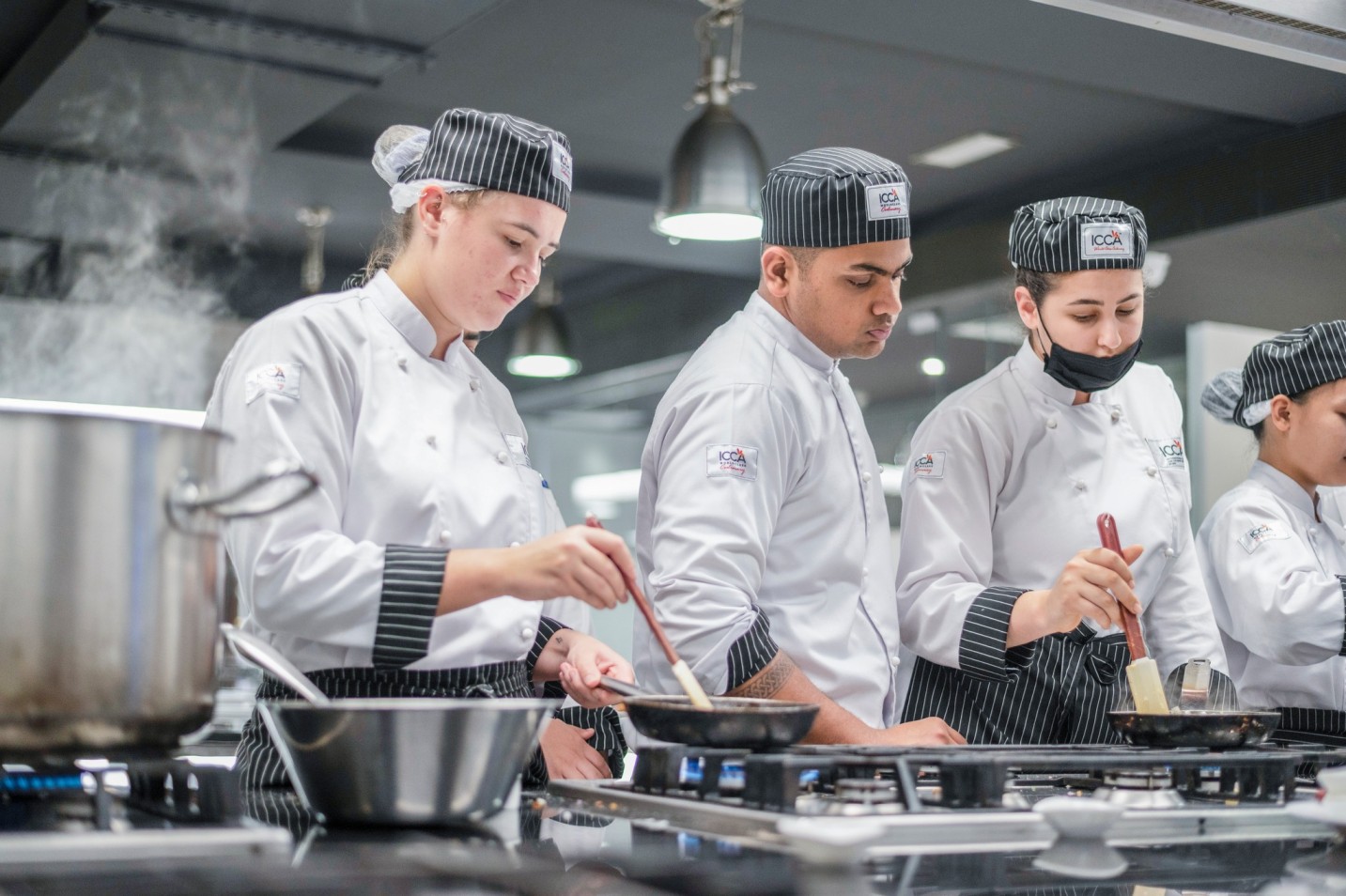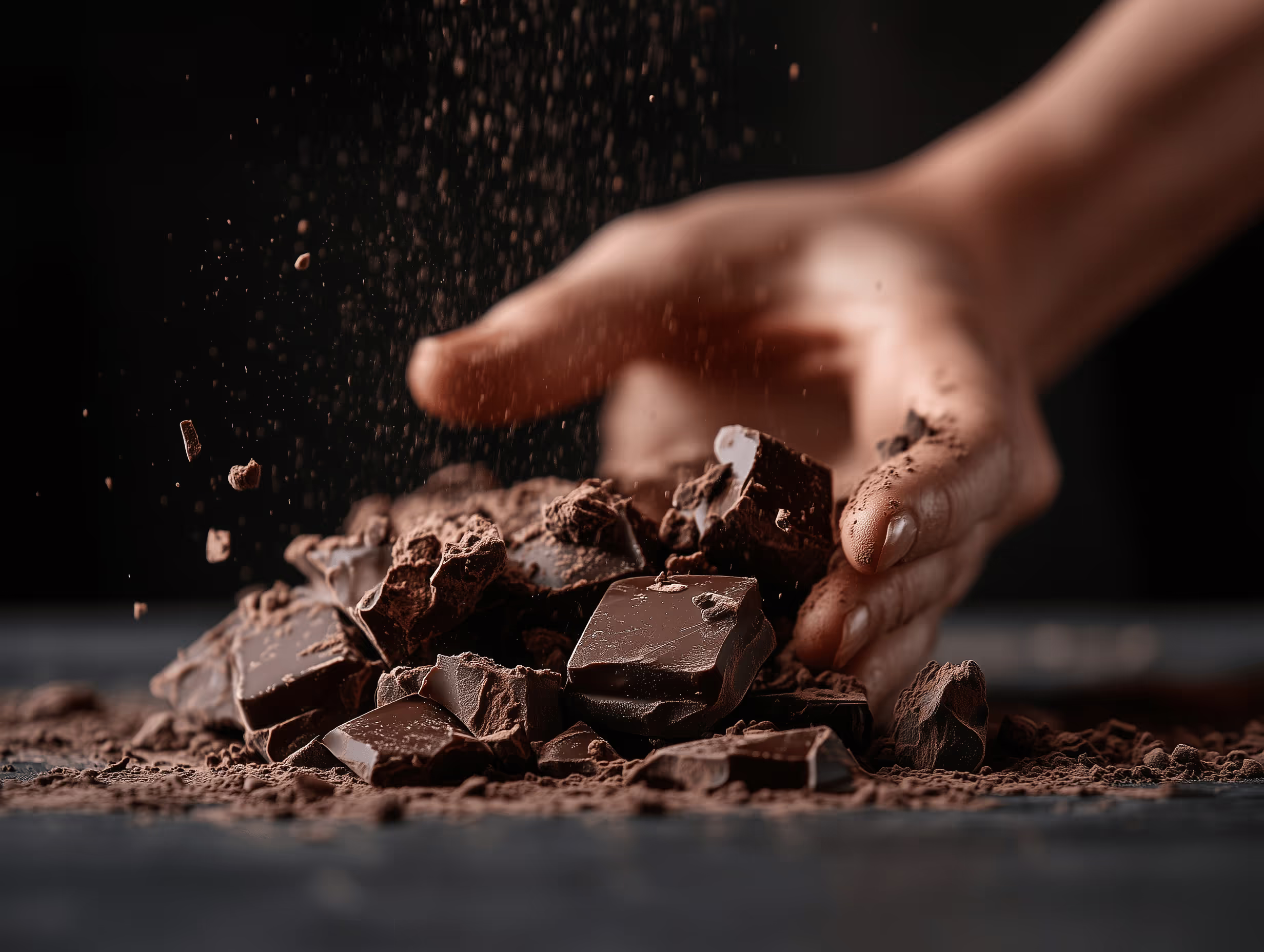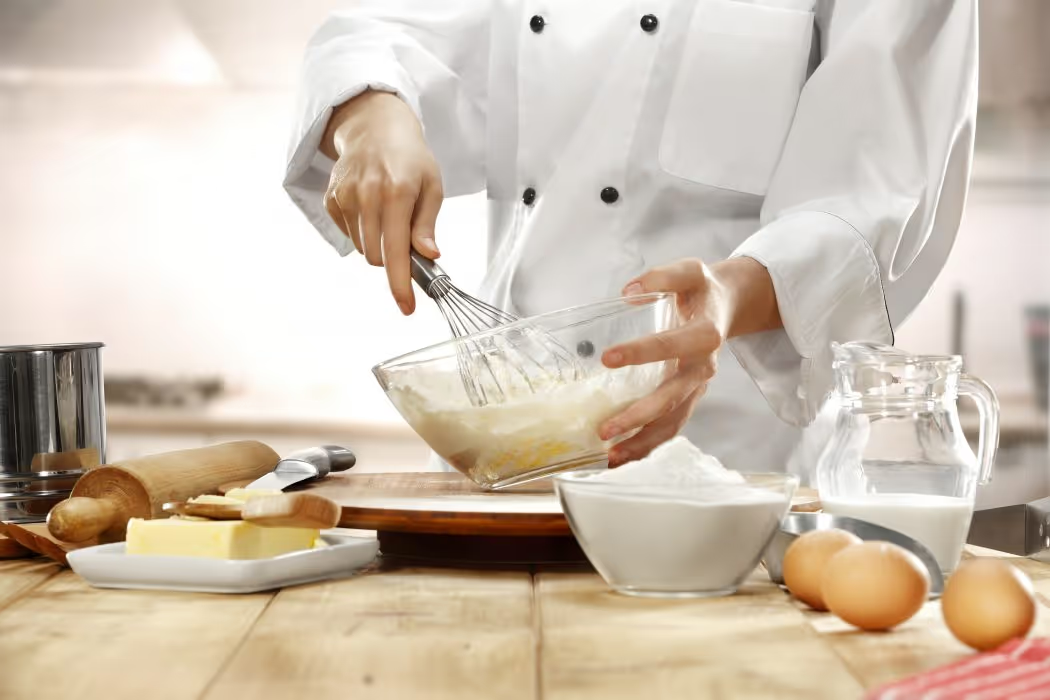You know that feeling when your kitchen smells like fresh bread, the crust is golden, and for a second, you feel like you’ve just nailed a scene out of a cooking show? Yeah, baking can feel magical like that. But here’s the thing no one tells you upfront—it’s not just magic. It’s method. Real baking success comes down to mastering the techniques. The measurements, the temperature control, the science-y bits that aren’t as Instagrammable, but make or break your bakes.
If you’ve ever wondered why your cake didn’t rise or why your dough felt like cement, it’s probably not you. It’s just that no one handed you the playbook for the technical skills in baking. So whether you’re baking for joy, thinking of going pro, or just tired of guessing and hoping things “turn out okay,” stick around. We will walk you through 10 essential skills that every serious baker should have in their back pocket.
1. Precision in Measurement: The Foundation of Baking
This one tops the list for a reason. Baking doesn’t forgive guesswork. A slight variation in measurements can shift textures from perfect to puzzling. Using a digital scale instead of cups, understanding baker’s percentages, and learning ratios (hello, 1-2-3 pie dough!) are vital technical skills in baking.
Pro tip: A gram of prevention is worth a pound of re-baking.
2. Gluten Development & Dough Strength
Gluten isn’t the enemy. It's the invisible net that traps gases and gives structure to your bake. Understand how to knead, when to rest your dough (autolyse method, anyone?), and how to balance elasticity with tenderness.
3. Fermentation: Yeast & Sourdough Techniques
Fermentation is all about flavor. Whether you’re working with commercial yeast or cultivating your own sourdough starter, learning how to control time, temperature, and humidity are essential skills needed to be a baker.
4. Temperature Control & Heat Transfer in Baking
Hot tip: Your oven probably lies. Most have hot spots and uneven heating. Learning to test your oven, adjust rack positions, and identify when to raise/lower temp gives you control over caramelization, Maillard reaction, and overall bake quality.
5. Emulsification & Mixing Techniques
Baking isn’t just about stirring—it’s about how you mix. Creaming for airiness, folding for fluff, whipping for volume… each technique impacts the final product. Bonus points for mastering emulsification in batters and creams.
6. Dough Hydration & Texture
High-hydration doughs like ciabatta give open crumbs; low-hydration ones make dense focaccia. Knowing how to read your dough, especially in dry or humid climates, is a next-level skill.
7. Proofing & Leavening

Proofing is where patience pays off. Over-proof, and your dough deflates. Under-proof, and it bakes dense. Learn the finger-poke test and understand how different leavening agents (yeast vs. baking soda/powder) work.
8. Baking Time & Doneness
A golden crust isn’t always the sign of doneness. Thermometers, toothpick tests, and knowing carryover cooking can help you nail the finish every time. Know what 95°C in bread feels like? You will.
9. Laminating Dough: Puff Pastry & Croissant Skills
Lamination is a commitment. Cold butter, sharp folds, and strategic chilling give rise to flaky masterpieces. If you’ve ever wondered why your croissant didn’t puff—chances are, it’s the lamination game.
10. pH Balance in Baking
Too acidic? Your cake might not rise. Too alkaline? Expect a weird taste. Learn how ingredients like buttermilk, lemon, and baking soda interact, and how pH affects texture, color, and lift.

Tech That Elevates Your Bake
Smart thermometers, connected apps, digital scales; today's tools take the guesswork out of baking. Embracing tech doesn’t mean skipping skill. It means sharpening it.
Skill Up, Bake Better
Baking success doesn’t happen by accident. It comes from mastering the technical skills in baking that give you control, confidence, and creativity in the kitchen. Every pro was once a beginner, but those who master these techniques? They’re the ones who rise.
If you’re serious about refining your baking skills and building a career in patisserie, check out our Professional Diploma Program in Baking & Patisserie. Learn from chefs, get hands-on experience, and bake like a boss.
FAQs
Q: What’s the easiest technical skill to start with?
A: Precision in measurement. Using a digital scale instead of cups or spoons is the quickest way to see better, more consistent results.
Q: How do I know if my dough is properly proofed?
A: Try the finger-poke test. Gently press your finger into the dough—if it springs back slowly and leaves a slight indent, it's ready for the oven.
Q: My bread crust is great, but the inside is undercooked. What am I doing wrong?
A: It’s likely a mix of oven temperature and bake time. Use a thermometer to check internal doneness—bread should reach around 95°C internally.
Q: Why did my croissant dough leak butter and not puff up?
A: That’s usually due to poor lamination—either the butter was too soft, the dough got too warm, or the layers weren’t folded and chilled properly.
Q: How can I tell if my cake batter is overmixed?
A: Overmixed cake batter feels overly elastic and tends to bake up dense or with a peaked center. Mix until ingredients are just combined unless structure is needed.
Q: Do I need to calibrate my oven?
A: Yes. Most home ovens run hotter or colder than displayed. Use an oven thermometer to check the real temperature and rotate trays to avoid hot spots.
Q: What's the ideal hydration level for beginner-friendly bread?
A: Aim for 65–70% hydration. It’s manageable to work with but still gives you a good open crumb. As you build skill, you can explore higher hydration doughs like ciabatta.
Want to know how celebrity chefs nail it? Read the story of the World Pastry Champion

